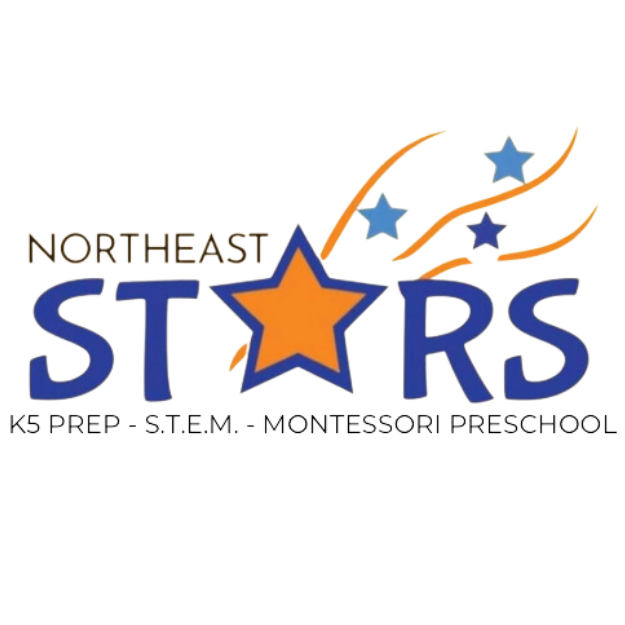Montessori and More
Traditional vs. Montessori
What is Montessori?
Montessori education is characterized by multi-age classrooms, a special set of educational materials, student-chosen work in long time blocks, a collaborative environment with student mentors, absence of grades and tests, and individual and small group instruction in academic and social skills.
“Montessori Education Provides Better Outcomes than Traditional Methods”
An excerpt from an article that appeared in the Sept. 29, 2006 issue of the journal, Science. Discussing the benefits of a Montessori approach to education.
Montessori Student Outcomes Study
A study comparing outcomes of children at a public inner-city Montessori school with children who attended traditional preschools indicates that Montessori education leads to children with better social and academic skills.
The study compared the outcomes of children attending an inner-city Montessori school in Milwaukee with those attending traditional preschools. Montessori education, characterized by multi-age classrooms, student-chosen work, absence of grades and tests, and individualized instruction, was found to significantly enhance both social and academic skills in students.
Furthermore, Montessori students displayed enhanced social and behavioral skills, showcasing a greater sense of justice, fairness, and positive interactions with peers, both academically and on the playground. In conclusion, the research conducted in Milwaukee's urban setting highlighted the positive impact of Montessori education on children's cognitive, academic, social, and behavioral development.
The study's rigorous methodology, including the random lottery selection, helped ensure the credibility of the results, emphasizing the significant advantages Montessori education offers in preparing children for academic success and positive social interactions.
Read more on the study here.



